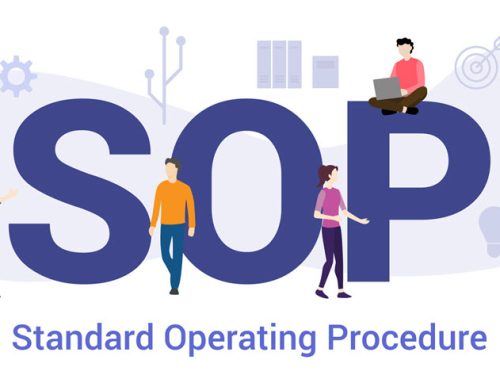Why do we need audits? Have you ever thought about the primary and secondary objectives of auditing?
There is a common misconception that auditing is only required in case of large, more complex entities, however the cost/benefits of an internal audit function are just as important for small companies.
What is Auditing
Audit is a systematic and independent examination of records, documents, operational activities and performance to ascertain how all these things are presenting an accurate and fair view of the concerns. This ubiquitous phenomenon in the business world is all about perceiving and recognizing the propositions, obtaining evidence, evaluating and formulating the opinions as per the judgments to make strategic and practical decisions.
Objectives of Auditing
The primary objective of an efficient audit system is to help the organization to pursue and attain its various corporate goals. Regardless of the size and capabilities, there is always a strong need for internal control to facilitate the supervisions and to monitor the internal control through auditing. Whether it is about the employee performance, record maintenance or the operational efficiency, a proper internal control and an efficient auditing system is the only way which can help you detect the irregularities, measure the ongoing performance and maintain adequate business records.
Performance Improvement
Another purpose of auditing is to review the design of internal control to propose improvements informally. Auditors document the material irregularities to enable further investigations by the management.
Detection of Errors and Frauds
Further objectives of auditing are to ensure that there neither are any mistakes nor any deceitful manipulations in the information. It is considered to be a prerequisite for the confirmation of recorded data. Therefore, auditing is a thorough examination of the all available data to detect and prevent any errors and fraud.
Reliability Is Indispensable
An additional purpose of auditing is to ascertain the authenticity of the information. Information security is of utmost importance in all types of organizations. Other than the owner, all users of the data need to place the specific amount of reliance on the records. Auditing is the only function which provides a reasonable base of the users for putting faith on the company related information.
Ensure Quality of Supporting Records
The function of auditing encompasses the examination of all the information and the supporting record of the data. It uncovers the interferences and assumptions that are not supported by the documents to improve the overall performance efficiency as well as record keeping of your organization.
Enhance the Effectiveness
An audit is considered to be the dominant tool for the success of your organization. A thorough examination or review will show you the weak links in your company; indicate the areas of improvement where you need to focus for achieving the organizational goals and objectives.
Risk Assessment
Auditors also assess the risk of material misstatement in reports. Thus, it allows the management to determine resource allocation and help in understanding the profitable segments of the product line. Audit system helps a company to prevent the debilitating misstatements in the company records and reports.
Conclusion
The core purpose or intention of the audit is to provide a reasonable assurance of the accuracy of the data. Therefore, it gives an absolute guarantee that all the statements and reports for performance evaluation are free from errors and frauds. Although the core purpose of an audit is confined to provide reasonable assurance about the performance, internal improvement, effectiveness, and efficiency of the organization, absolute certainty is something impossible to guarantee due to certain inherent limitations of auditing.






